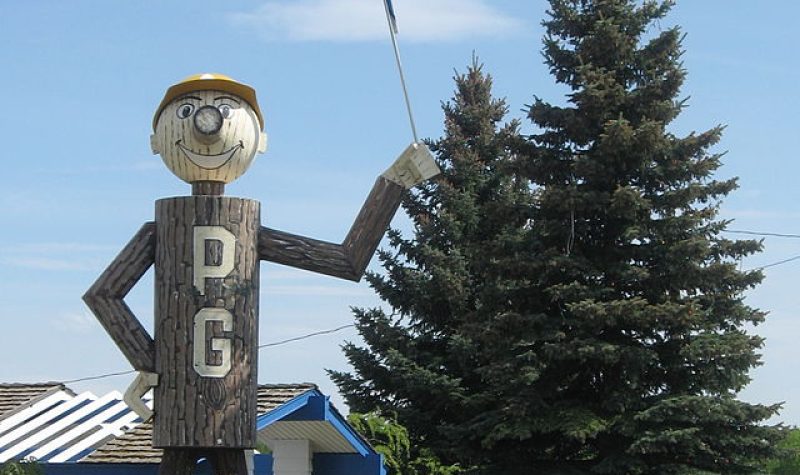In 2015, the Trudeau government pledged to bring 25 000 refugees to Canada in wake of media reporting on Alan Kurdi, a three year old Syrian refugee who drowned and his body washed to shore for the world to see. Since the announcement, over 73 000 Syrian refugees have come to Canada.
Much has changed for these families in the following years. Grade 10 student Razan and her family came to Canada on February 15, 2016 from Lebanon, after fleeing Syria in 2011. “I’m from Syria… I stayed there till I was eight years old, and then moved to Lebanon [in 2011]... because of the war that started in Syria in 2011.” After leaving Syria and arriving in Prince George, life has not always been easy for Razan, her parents, and four younger brothers.
Leaving Syria presented Razan and her family with an unprecedented challenge: racism. “In Lebanon, I went to school, but there was a lot of racism.” Razan explains how this affected her, “we were not allowed to go to school with the Lebanease people.” Razan says it went as far as fearing for their safety. “A Syrian person had to think about going outside and what's going to happen if [they] say ‘I’m from Syria’.”
After living in Lebanon for almost five years, Razan remembers the point in her life where everything changed. “I remember my dad had that call in the morning where the union called him and they were like ‘are you willing to travel to Canada’, and I remember the first answer my dad gave them is ‘yes, I would love to come to Canada’.” Razan expresses that “it was always my hope to leave Lebanon”. Razan’s mother was still very attached to the Syria she grew up in. “I remember my mom cried a lot because when we were living in Lebanon we were still close to Syria...there's that chance of us going back to Syria and she knew there's no way, maybe in 20 years that we were going to come back to Syria.”
After arriving in Prince George, Razan and her family were provided with housing and a sense of security. “We did have a better life in the way that it’s safer, and I will get to go to school and make friends and nobody will judge me from where I came from and I know that I will not wake up one day and lose one member of my family.” There were, however, major barriers for Razan and her family, some of which they continue to face to this day.
The language barrier is one of those ongoing issues. “My parents are still going to IMSS [Immigrant and Multicultural Services Society] to learn English, [it’s been] a long time for them.” Razan explains that her mother would love to work but, “if she's going to work, she doesn’t have that language to [be able to work].” Razan also noted that “when we came here I thought that my dad would have a job” but this was not the case.
According to the 2016 Census, 55 percent of Syrians do not know English or French compared to 28 percent of refugees from other countries. The language barrier experienced by Razan and her family is echoed for numerous other Syrian refugee families in Canada.
Even if life in Canada has not been entirely as Razan hoped, she has faith in her family to overcome anything. As a bright grade 10 student, Razan says she has “lots of dreams.” Razan also explains how coming to Canada has truly transformed her life. “When I first came to Canada I started dreaming for the first time...dreaming of how my future will look like.”
Listen to the full interview on CFUR-FM:


